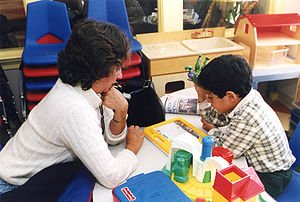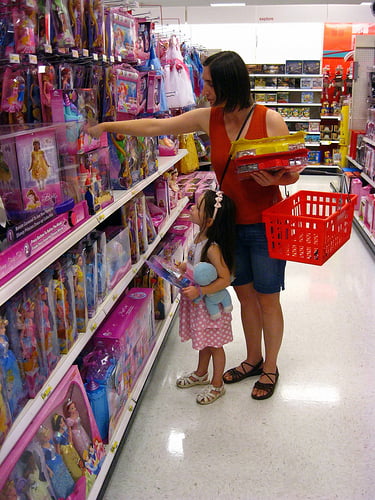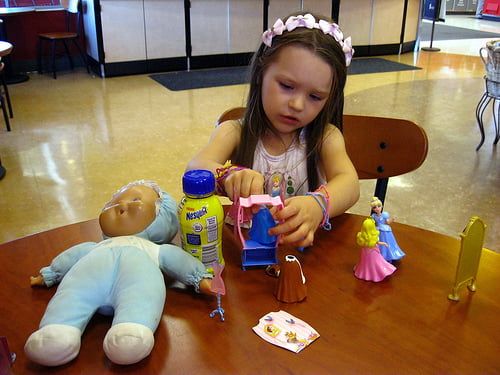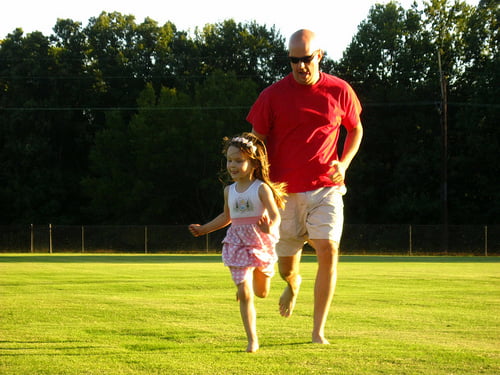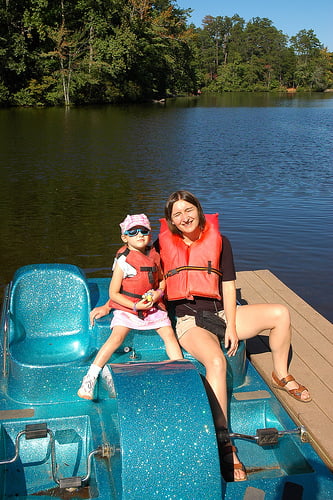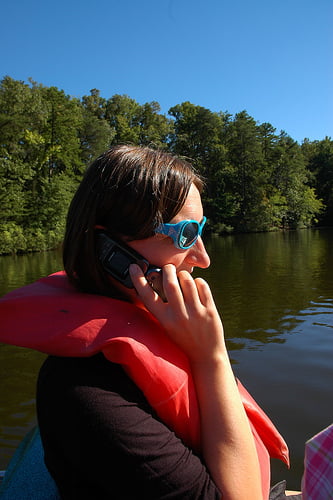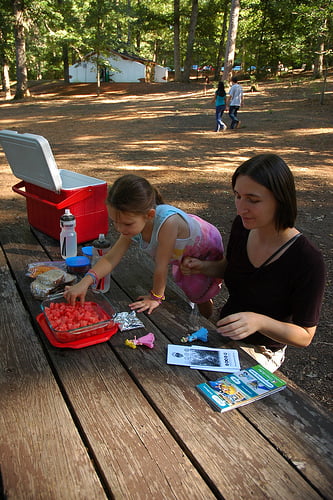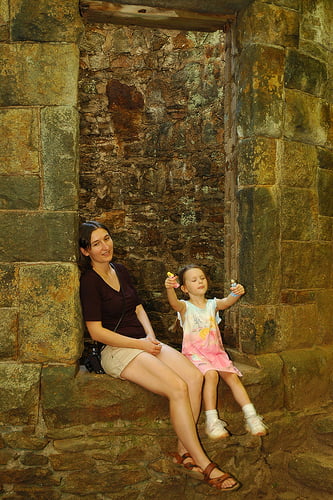My English 1 Honors class is about to start the Odyssey. For their weekly short essay assignment, I asked about heroes and heroism. Commenting on the usual association of “hero” with super powers, one student wrote the following:
In fact in the real world having superpowers would make you a villain sooner than it would a hero because though the idea of superheroes saving the world on a regular basis is nice and all, name one superpower and there are probably more than ten different ways to exploit it for personal gain and in a world where “look out for number one” is a personal motto for most of the world it is no long shot that with real superpowers there would be more villains than heroes in the world.
Getting these kinds of results is a real boost: such potential in this kid’s writing. The problems are purely cosmetic: nothing a few mini-lessons on sentence variation, punctuation, and voice can’t buff out.
